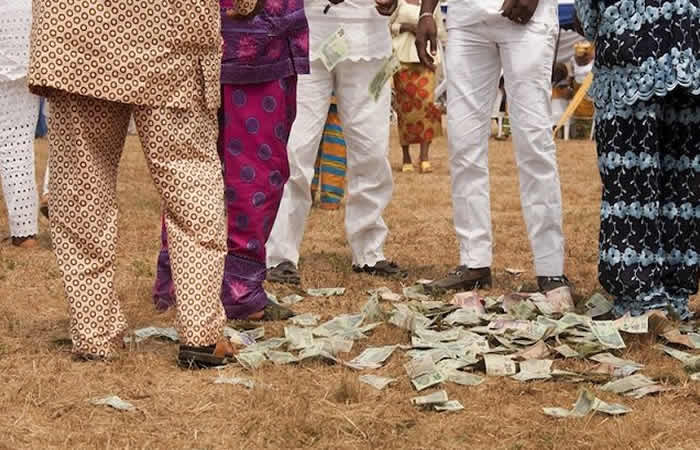The Economic and Financial Crimes Commission has shed light on its inability to prosecute old cases of naira abuse, citing the commencement date of its Special Task Force against Naira Abuse and Dollarisation of the Economy on February 7, 2024.
In a statement released on Sunday night by EFCC’s Head of Media & Publicity, Dele Oyewale, the commission highlighted its stance following the recent imprisonment of controversial crossdresser, Idris Okuneye, popularly known as Bobrisky, for Naira mutilation.
Bobrisky, on Friday, April 12, 2024, was sentenced to six months in prison over the mutilation of the naira notes.
Oyewale emphasised that while the commission has been inundated with videos depicting naira abuse, it will focus on investigating and prosecuting new cases of such infractions.
“Increasingly, members of the public are drawing the attention of the Commission to video recordings of abuse of the Naira by Nigerians from all walks of life.
“These gestures amply demonstrate the rising consciousness of the public to the sanctity of our national currency and the need for collaborative engagement to sustain the tempo.
“The Commission will always investigate and prosecute anyone involved in the abuse of the Naira,” he said.
However, he cautioned against circulating old videos of naira abuse, implying that the commission’s jurisdiction is limited to cases occurring after the establishment of its specialised task force.
“Old videos being exhumed and flying around for the attention of the Commission are noted as the Commission is sensitive to the fact that its Special Task Force against Naira Abuse and Dollarization of the Economy commenced operations on February 7, 2024.
“However, going forward, new videos of such infractions will be investigated and prosecuted.”
Expressing gratitude for the public’s engagement in combating naira abuse, Oyewale assured that the EFCC remains committed to probing and prosecuting individuals involved in such acts.
Oyewale also stated that the commission is investigating several celebrities involved in naira abuse.
“Many of them have made useful statements to the Commission and many more have been invited by investigators working on the matter.
“The EFCC will not relent in its no-sacred-cow mode of operations and the public should be wary of running afoul of laws against the crime,” the statement concluded.
